The seventeenth and eighteenth centuries reflect a period of remarkable intellectual vitality in British philosophy, as personalities such as Hobbes, Hume, Locke, and Smith attempted to explain the origins and supporting mechanisms of civil society. Their insights continue to educate how political and moral theorists think about the world in which we live. From Moral Theology to Moral Philosophy, (PDF) reconstructs a debate that concerned contemporaries but which seems unfathomable to us today. It concerned the association between reason and revelation as the two sources of mankind’s knowledge, mainly in the ethical realm: to what extent, they asked, could reason alone explore the content and obligatory character of morality? This was held to be a historical, instead of only a theoretical question: had the philosophers of pre-Christian ancient times, ignorant of Christ, been able reasonably to explain the moral universe? What part had natural theology played in their ethical theories – and was it harmonious with the teachings delivered by revelation? Much contemporary scholarship has drawn attention to the early-modern interest in two late Hellenistic philosophical traditions – Epicureanism and Stoicism. Still in the English context, three figures above all – Conyers Middleton, John Locke, and David Hume – quite deliberately and openly identified their approaches with Cicero as the symbol of an alternate philosophical tradition, critical of both the Stoic and the Epicurean: academic skepticism. All debated that Cicero provided a means of addressing what they considered to be the most pressing question confronting contemporary philosophy: the connection between moral philosophy and moral theology.
Review
“In this rigorous, persuasive, and highly accomplished ebook, Tim Stuart-Buttle sets out to discover and bring to the fore a crucial but neglected feature of the history of moral philosophy in Britain from John Locke to David Hume: the evolution of an entirely secular moral philosophy which came to both separate itself from, and in turn repudiate, the moral theology from which it was derived. Organizing a dazzling array of thinkers and sources, which are brought to bear in a notably focused and unified historical narrative, this monograph comprises one of the major achievements of recent intellectual history, and provides a substantial advance in our understanding of early modern moral philosophy.” — Paul Sagar, History of European Ideas
NOTE: The product only includes the ebook From Moral Theology to Moral Philosophy in PDF. No access codes are included.

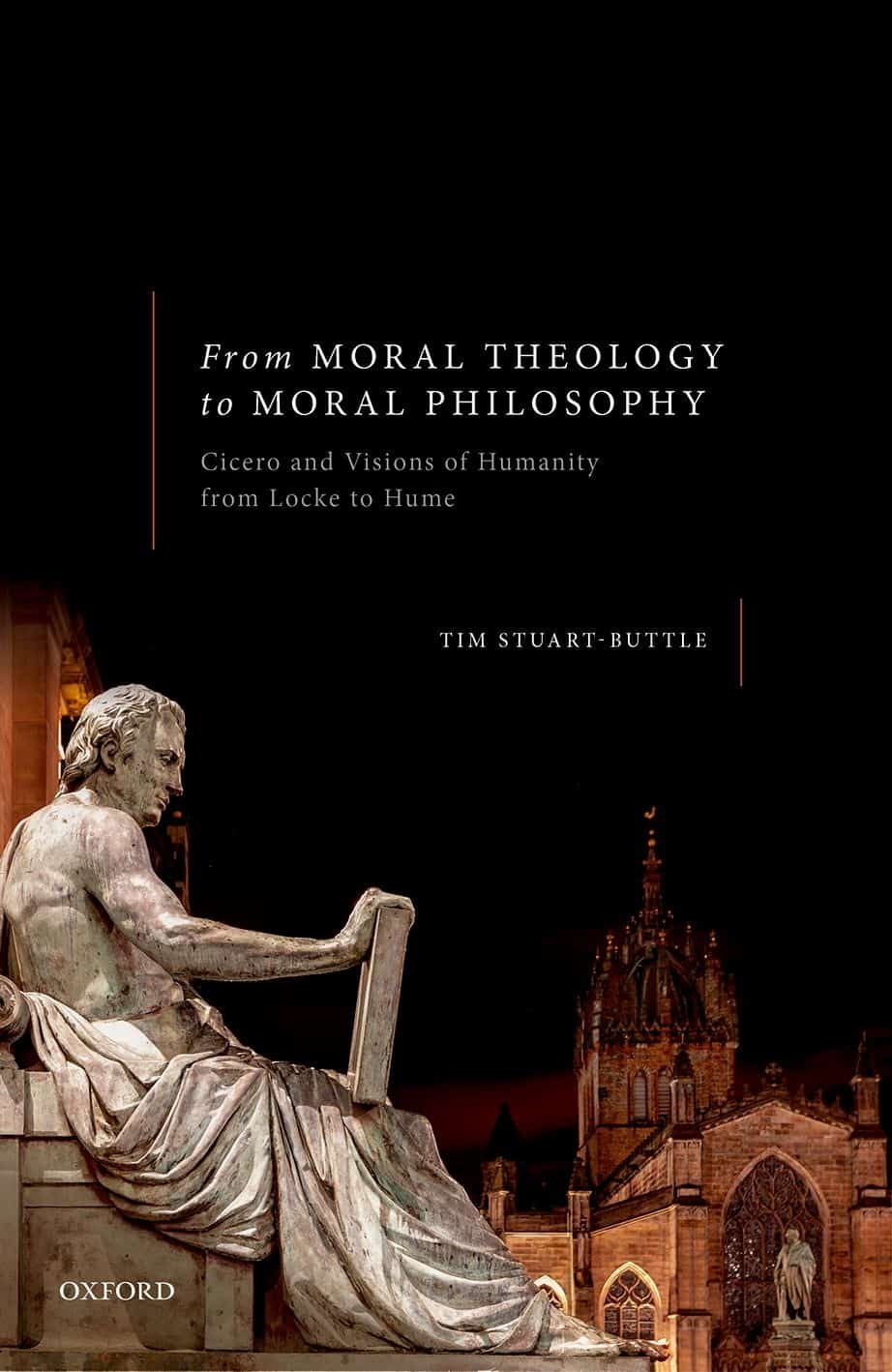
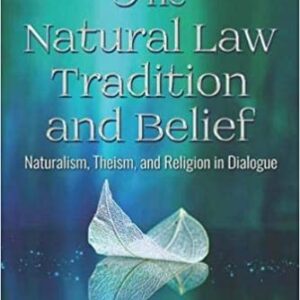
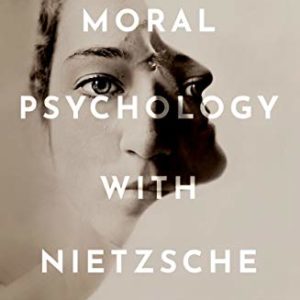
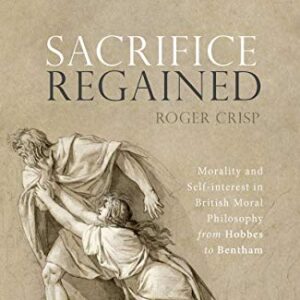
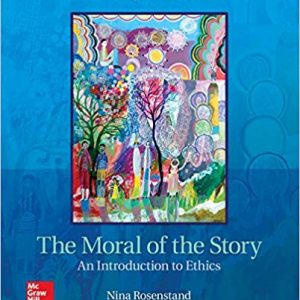
Reviews
There are no reviews yet.